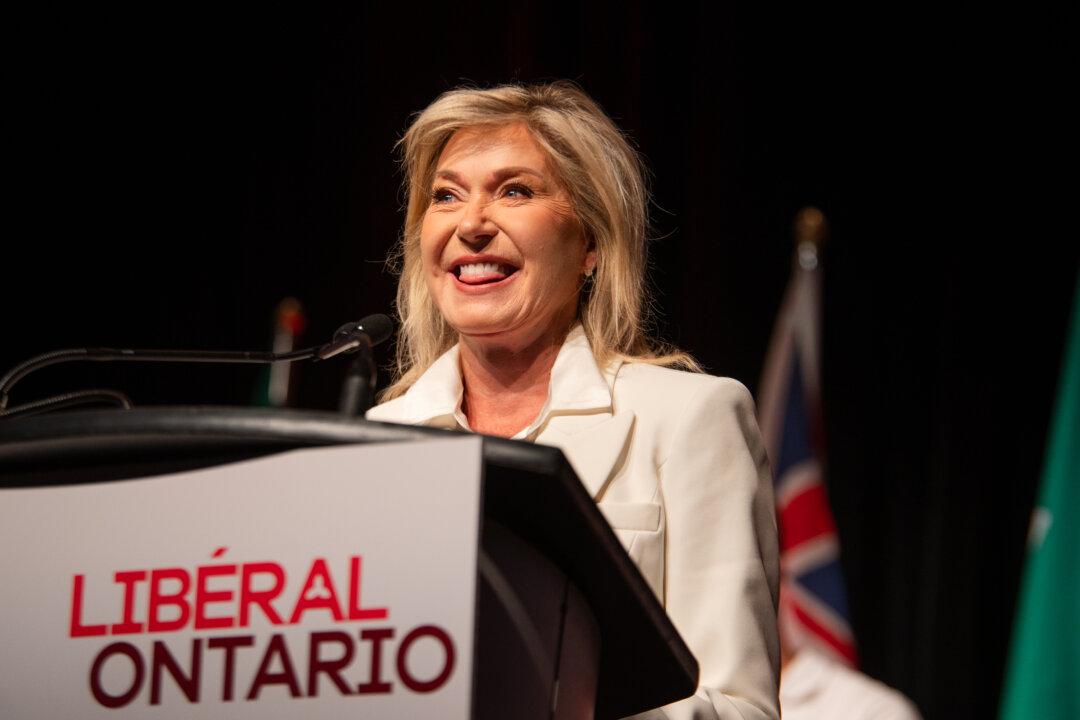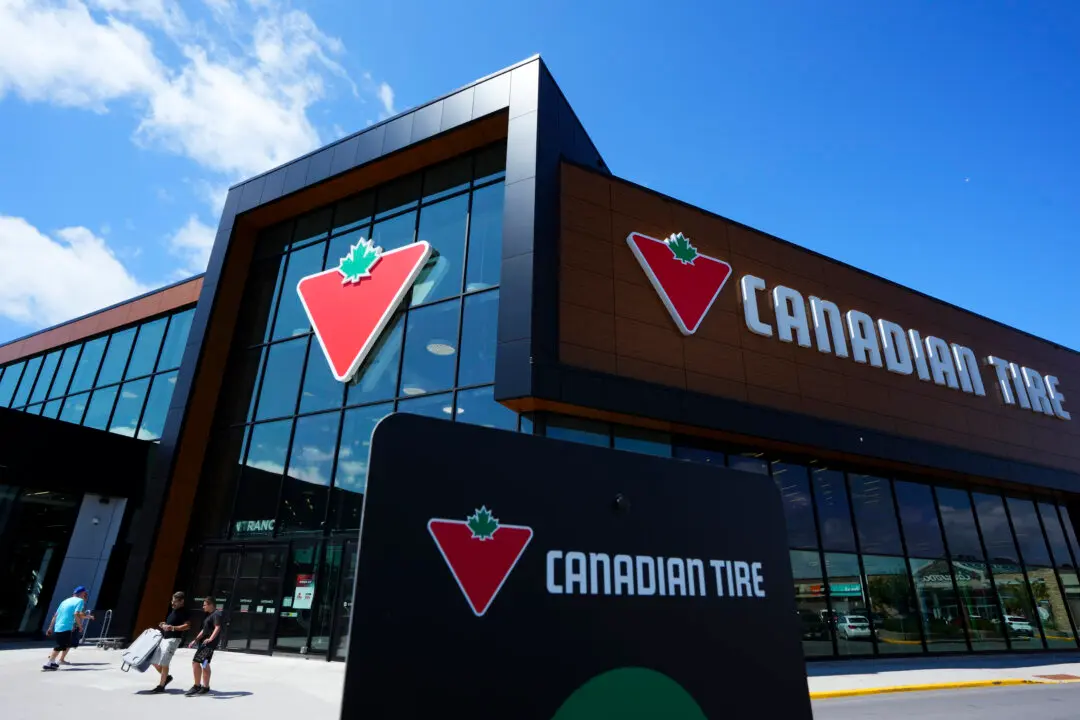OTTAWA—It’s the biggest free trade deal Canadians never heard of.
A new poll suggests three in four Canadians have no idea that Canada is one of 12 countries immersed in negotiations for the Trans-Pacific Partnership (TPP).
The poll was conducted by Environics Research Group for Trade Justice Network, an umbrella group dedicated to challenging the secretive process by which international trade deals are generally negotiated.
Fully 75 percent of respondents said they had never heard of the TPP before being asked about it by the pollster.
The telephone poll of 1,002 Canadians was conducted June 3-12 and is considered accurate within plus or minus 3.2 percentage points, 19 times in 20.




